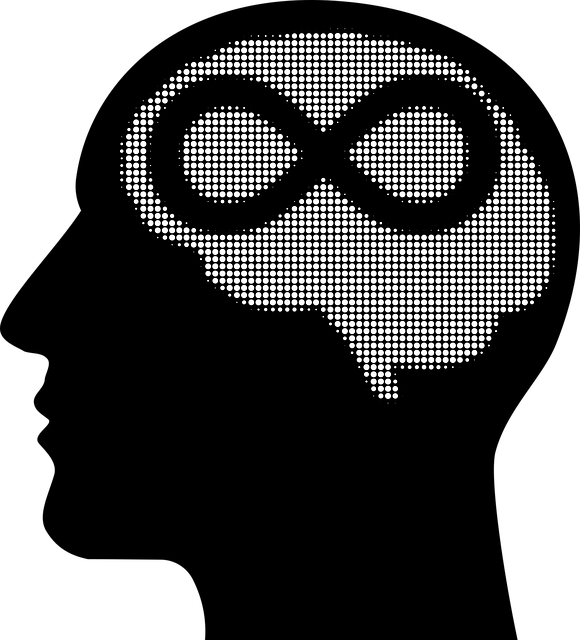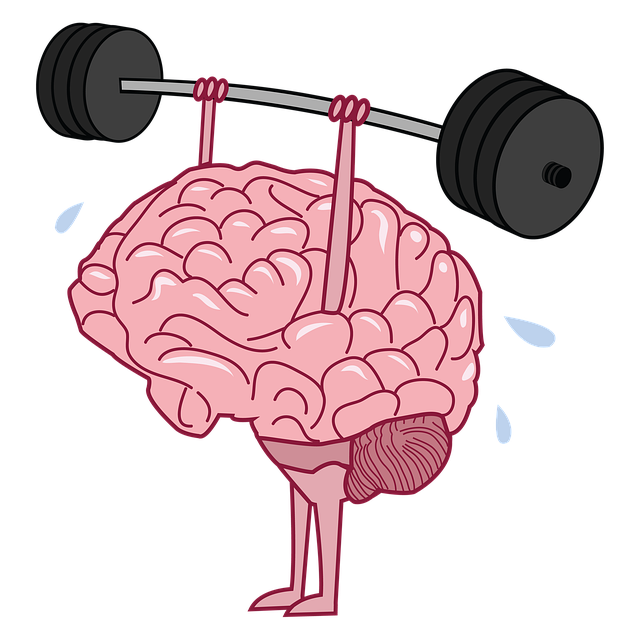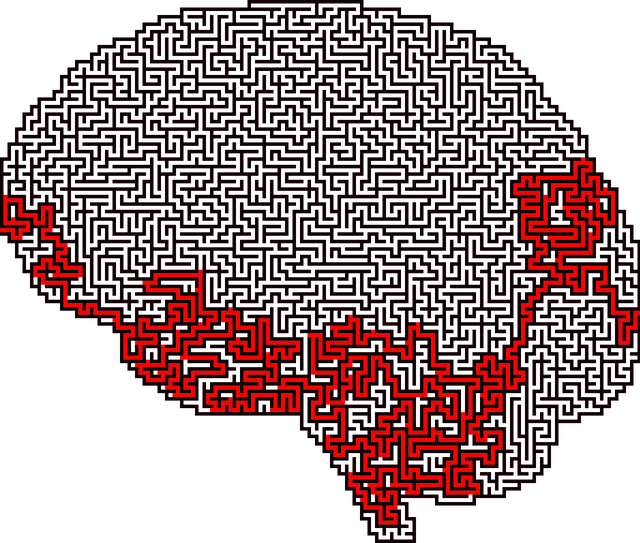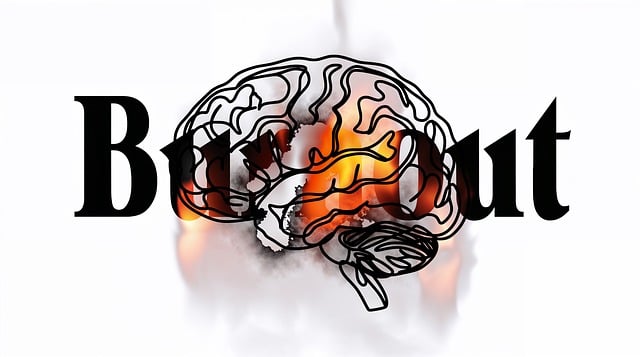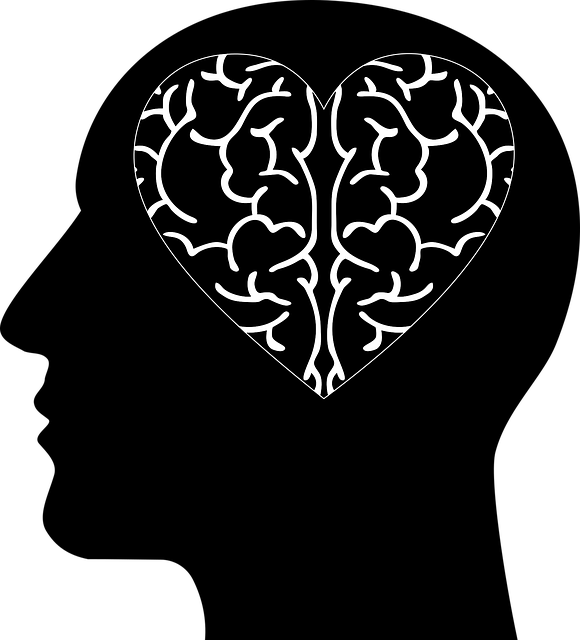Centennial Depression Therapy leverages RFM (Retentiveness, Frequency, Monetary Value) principles for effective mental wellness coaching. By analyzing consumer behavior and personalizing interventions, these programs build inner strength, improve therapy outcomes, and reduce depression relapse rates. Integrating resilience-building exercises, mindfulness, cognitive reframing, and physical activity enhances coping strategies, while public awareness campaigns and community outreach programs make these tools more accessible. Studies show that combining RFM with resilience training significantly improves well-being, boosting self-efficacy, confidence, and social interaction.
“Uncover the power of RFM (Recency, Frequency, Monetary value) in enhancing customer lifetime value and its surprising link to resilience building. This article explores how RFM, a framework for understanding customer behavior, can be combined with Resilience Building Exercises, particularly effective in Centennial Depression Therapy. We delve into practical applications, showcasing successful integration within resilience training programs. Additionally, case studies reveal the profound impact on mental well-being, highlighting the potential of this approach to foster resilience and combat depression.”
- Understanding RFM: A Framework for Measuring Customer Lifetime Value
- The Role of Resilience Building Exercises in Centennial Depression Therapy
- Practical Applications: Integrating RFM with Resilience Training Programs
- Case Studies: Exploring the Impact of RFM and Resilience Building on Mental Well-being
Understanding RFM: A Framework for Measuring Customer Lifetime Value

Understanding RFM (Retentiveness, Frequency, and Monetary Value) acts as a powerful framework for businesses to gauge and enhance customer lifetime value. This metric trio provides deep insights into consumer behavior by analyzing how long customers stay, how frequently they engage, and the financial worth of their contributions. By segmenting customers based on these factors, companies can tailor marketing strategies and personalized experiences, fostering stronger client relationships.
For individuals grappling with Centennial Depression Therapy or seeking Self-Esteem Improvement, mental wellness coaching programs that incorporate RFM principles can be transformative. Such approaches help clients develop Inner Strength by identifying patterns of consumer behavior, understanding their unique value proposition, and creating tailored interventions. This not only enhances the effectiveness of therapy but also empowers individuals to navigate their mental health journeys with greater resilience.
The Role of Resilience Building Exercises in Centennial Depression Therapy

Resilience building exercises play a pivotal role in Centennial Depression Therapy, offering powerful tools to combat the challenges associated with this condition. Depression often leaves individuals feeling helpless and overwhelmed, making it difficult to cope with daily stressors. Through targeted exercises designed to enhance resilience, patients can develop a stronger mental fortitude. These practices encourage individuals to embrace adversity as opportunities for growth, fostering an inner strength that prevents relapse into depressive episodes.
Incorporating self-care routine development into therapy allows patients to prioritize their mental wellness. Activities like mindfulness meditation, cognitive reframing, and physical exercises help manage symptoms of anxiety relief, a common companion to depression. Mental wellness coaching programs can further support individuals in maintaining these practices as part of their ongoing self-care. By integrating resilience building exercises, Centennial Depression Therapy provides patients with practical strategies for long-term mental health improvement.
Practical Applications: Integrating RFM with Resilience Training Programs

Resilience is a powerful tool for navigating life’s challenges, and integrating this concept with Effective Resilience Model (RFM) principles can significantly enhance therapy outcomes. For instance, in the context of Centennial Depression Therapy, resilience training programs can be tailored to empower individuals facing depression by teaching them to adapt and bounce back from setbacks. These programs focus on developing emotional regulation skills, enabling folks to manage their responses during stressful situations.
Public Awareness Campaigns Development and Community Outreach Program Implementation play a pivotal role here. By raising awareness about the benefits of resilience, more people can access these life-changing training sessions. Such initiatives foster a supportive environment where individuals learn coping strategies, build strength from their experiences, and ultimately, lead more fulfilling lives.
Case Studies: Exploring the Impact of RFM and Resilience Building on Mental Well-being

Resilience is a key component to overcoming challenges, especially when it comes to mental health issues such as Centennial Depression. Case studies have shown that integrating RFM (Recovery-Focused Management) and resilience building exercises into therapy can significantly enhance well-being. These approaches empower individuals by teaching them coping mechanisms and fostering a sense of self-efficacy.
For instance, Social Skills Training has been effective in helping individuals build confidence and improve their interactions with others, thereby reducing feelings of isolation. Additionally, encouraging Positive Thinking through various exercises has proven to be a game-changer for many. The Mental Wellness Podcast Series Production also plays a role by providing accessible resources and sharing success stories, further motivating those on their journey towards mental health recovery.
The integration of RFM (a powerful framework for understanding customer retention) with resilience-building exercises offers a promising approach in the field of mental health, particularly within Centennial Depression Therapy. By combining these strategies, we can create tailored programs that enhance individuals’ resilience and promote long-term well-being. Case studies have demonstrated the positive impact on mental health outcomes, highlighting the potential for RFM to be a game-changer in therapeutic interventions. This innovative combination of customer analytics and behavioral training paves the way for more effective support systems, ensuring folks can navigate life’s challenges with greater ease.
